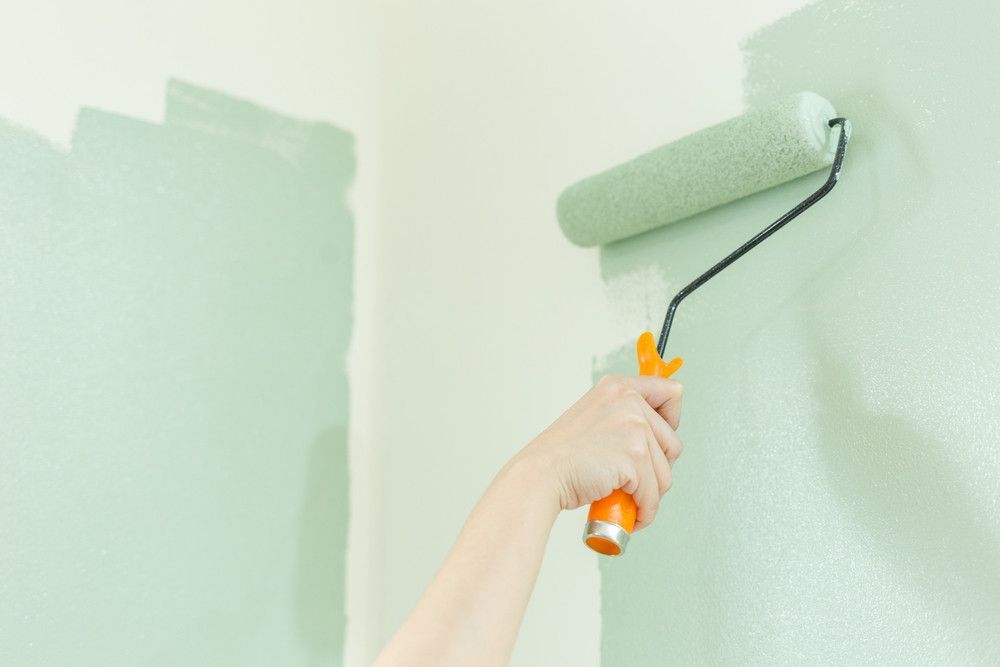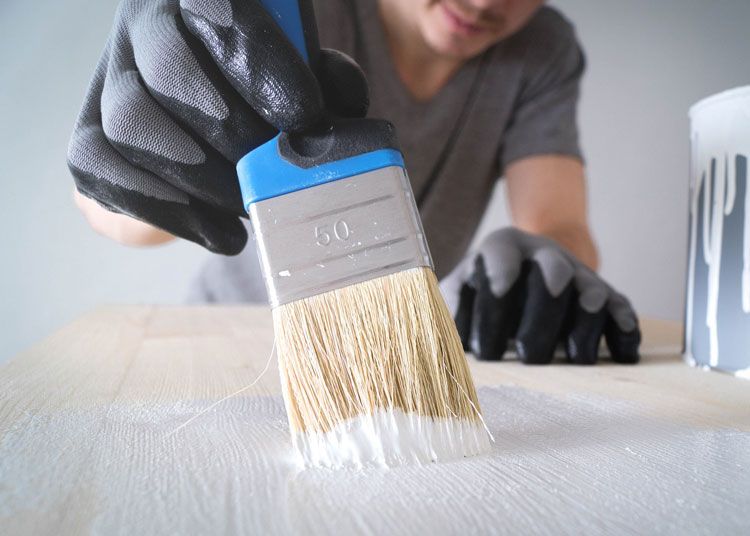3 Differences Between Oil Based Paint and Water Based Paint
Oil vs water? Which will win when it comes to painting your home. Let's find out.

After hiring a professional painter for residential interior painting services, you will have two big decisions to make. First, you need to choose colors. Most people have the interior of their homes painted every five years. This means that you must choose a color that you will be happy looking at for half a decade.
The second decision is less about personal style and more about functionality. You will need to choose the type of paint that your residential interior painting services will use. The two options are water-based paint (also called latex paint) and oil-based paint.
Both of these options are safe, as the U.S. government banned lead as a paint ingredient in 1978 due to its health risks. However, most homes built before 1978—about 57 million of them—still have lead paint somewhere in them.
Here are three other differences between water-based paint and oil-based paint that you can discuss with the service you hire for your residential painting:
Cost
Although both oil-based and water-based paints can fall within a wide range of prices, oil-based paint is usually less expensive than water-based paint. Oil-based paints can contain natural oil — usually linseed oil — or synthetic oil called alkyd.
The cheapest oil-based paints contain alkyd. This is usually because synthetic oils are more sensitive to the environment and, as a result, can be more difficult to use in manufacturing.
Moreover, the market demand for oil-based paints is lower than the market demand for water-based paints. Consequently, oil-based paints are usually priced cheaper than water-based paints.
Durability
On the other hand, oil-based paints are often more durable when used by residential interior painting services. Oil-based paints dry to a hard shell. This means that they are suitable for baseboards, shelves, and other areas that might experience wear and abrasion.
Water-based paints, on the other hand, are prone to rubbing off when abraded. When used for residential interior painting , they are often more suitable for low or no traffic areas like ceilings and walls.
Confusingly, the durability is reversed for residential exterior painting. Water-based paints are less prone to fading than oil-based paints. Also, oil-based paints dry to a hard shell. This allows oil-based paints to protect exterior surfaces from rust and water damage. However, they do have to be repainted frequently because the hard shell can crack.
Odor
Oil based paints give off volatile organic compounds (VOCs) as they dry. This is the strong smell that most people associate with paint. Not only can the smell be offensive — the fumes can be dangerous if the area is not well ventilated. As a result, oil-based paints are usually used in small areas, like baseboards, rather than large areas, like walls.
Residential painting can be a great way to spruce up your home and add value to it. Just make sure you're choosing the right type of paint for the job.
Share:
Search:
Recent Posts








